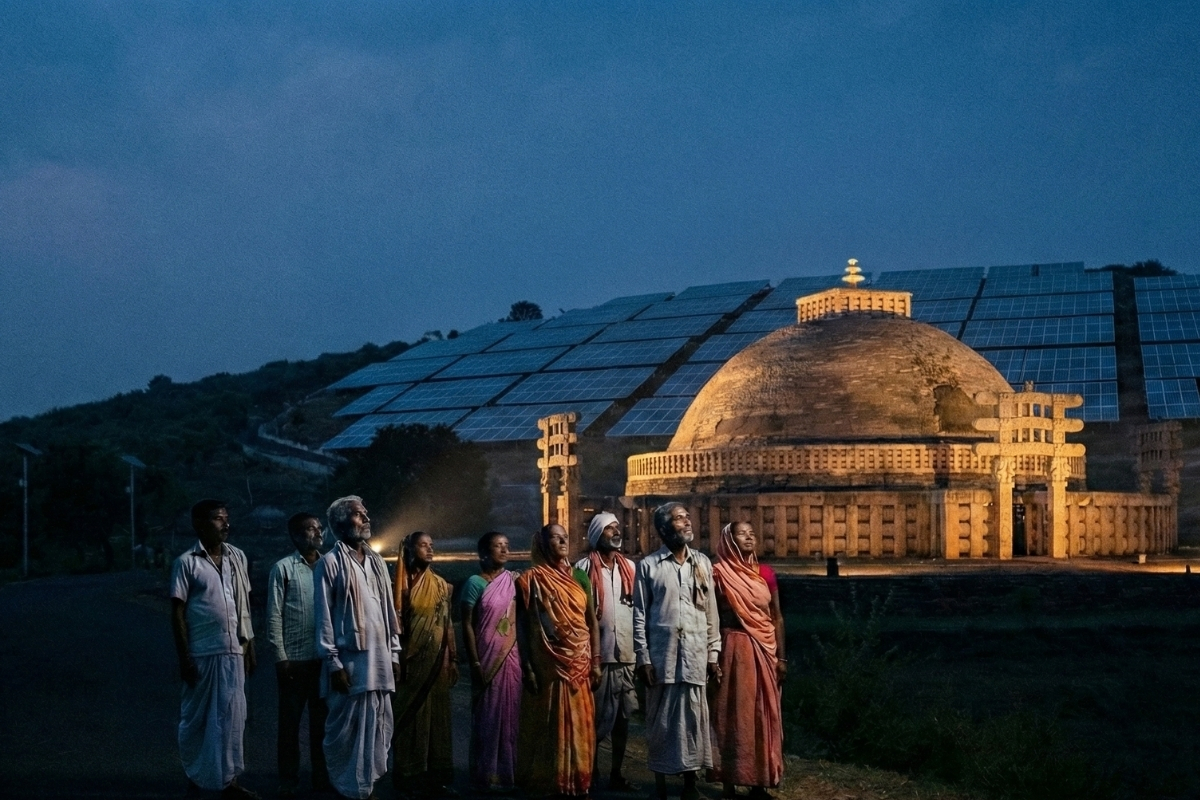The National Crime Records Bureau (NCRB) has released alarming data showing that over 88,400 environment-related cases are pending trial in India. The courts are faced with the daunting task of disposing of at least 242 cases daily to clear the existing backlog within a year, a rate nearly double the current average of 129 cases resolved each day.
88k environment-related cases pending
The backlog includes cases filed under seven pivotal acts: The Forest Act, 1927; the Forest Conservation Act, 1980; The Wildlife Protection Act, 1972; The Environmental (Protection) Act, 1986; air and water prevention and control of pollution acts; The Cigarette and Other Tobacco Products Act, 2003; The Noise Pollution (Regulation and Control) Rules, 2000; and the National Green Tribunal Act, 2010.
| Name of Act | Average Cases Disposed Daily in 2022 | Time to Finish Backlog at Current Pace (Years) | Average Cases to Dispose Daily to Finish Backlog in a Year |
|---|---|---|---|
| The Forest Act & The Forest Conservation Act | 3.13 | 17 years 3 months and 2 days | 54.08 |
| The Wildlife Protection Act | 0.74 | 14 years 6 months and 18 days | 10.72 |
| The Environmental (Protection) Act | 0.18 | 34 years 2 months and 6 days | 6.09 |
| The Air & The Water (Prevention & Control of Pollution) Act | 0.22 | 8 years 11 months and 25 days | 2.02 |
| The Cigarette and Other Tobacco Products Act | 117.62 | 1 year 2 months and 17 days | 142.87 |
| Noise Pollution Acts | 17.27 | 1 year 5 months and 26 days | 25.74 |
| The National Green Tribunal Act | 0.02 | 31 years 8 months | 0.78 |
| Total Environment & Pollution–Related Acts | 139.20 cases | 1 year 8 months and 27 days | 242.30 cases |
Environmental Cases: Slow Disposal Rates
Under the Environment Protection Act, we observe the slowest disposal rate, with projections showing that courts will take over 34 years to address the existing backlog. In order to clear the backlog under this act within a year, the courts must resolve at least six cases daily, which is six times the current rate.
For air and water pollution-related cases, the courts are looking at over eight years to clear the pending cases. Doubling the current disposal rate to two cases per day is necessary to clear the backlog within a year.
The rise in environmental crimes and violations reported between 2021 and 2022 underscores the urgency to address the sluggish pace of disposal under the air and water pollution control acts and the Environment Protection Act. Notably, crimes registered under the Environmental (Protection) Act, 1986, increased by approximately 31 percent between 2021 and 2022.
Forest Act violations have seen a 19 percent increase between 2020 and 2022, with 2,287 cases registered in 2022 compared to 1,921 in 2020. The courts are expected to take at least 17 years to dispose of all cases at the current rate of about three cases per day.
To clear a backlog of over 19,700 cases pertaining to forest crimes within a year, the courts must dispose of at least 54 cases each day, according to NCRB’s data on forest-related crimes.
Keep Reading
- Malnutrition, unemployment, migration: Jhabua’s deepening water crisis
- Maharana Pratap’s Samadhi Is In The State Of Destitute
- J&K’s Untold Story: Lives Lost And Homes Destroyed By Fury Of Extreme Weather Events
Follow Ground Report for Climate Change and Under-Reported issues in India. Connect with us on Facebook, Twitter, Koo App, Instagram, Whatsapp and YouTube. Write us on GReport2018@gmail.com.






